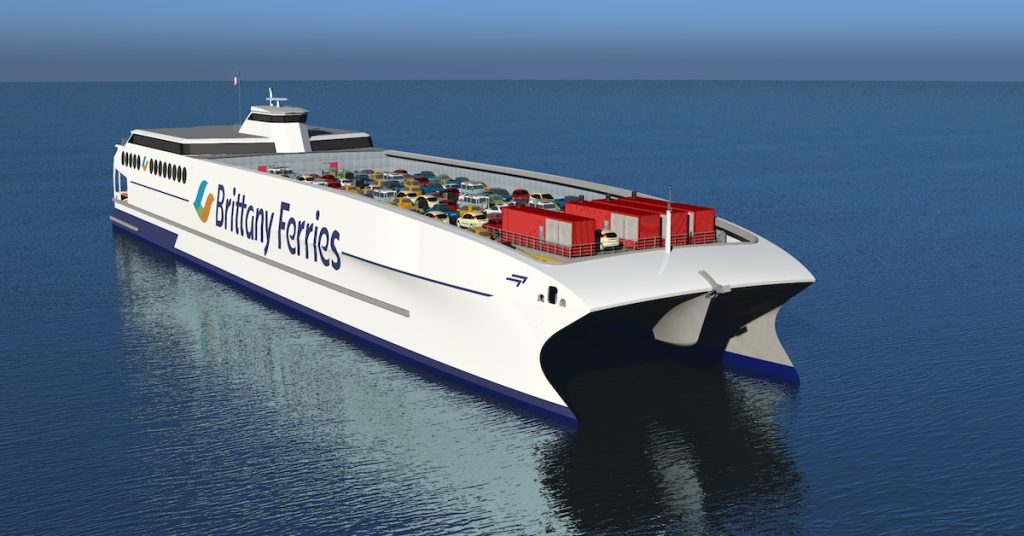Brittany Ferries is exploring zero-emission ferry options as part of its sustainability goals. The company aims to design a 137m all-electric craft for short routes, collaborating with Wartsila and Incat. Leadership emphasises the project’s importance for achieving net zero by 2050. Electric propulsion with lightweight aluminium is seen as key. Partnerships play a crucial role in feasibility studies.
Brittany Ferries is committed to investigating the feasibility of incorporating zero-emission ferries into its operations. The French ferry operator has launched initiatives to explore the design and technical requirements of a 137-metre all-electric ferry suitable for shorter routes. This effort is part of its broader ambition to advance sustainable maritime transport.
The initiative is being undertaken in partnership with marine engine manufacturer Wartsila and Tasmanian shipbuilder Incat. Both companies are pivotal in helping Brittany Ferries outline the necessary framework for developing this zero-emission craft. This collaboration underscores a shared commitment to reducing environmental impact through innovative technology.
Wartsila has a proven track record with Brittany Ferries, having supplied engines for the company’s fleet renewal initiatives, including those that power the Salamanca and Santona with LNG engines. The new all-electric ferry project extends this relationship into the realm of zero-emission advancements, aligning with global sustainability goals.
Brittany Ferries’ CEO, Christophe Mathieu, emphasised the critical nature of the project in meeting net-zero objectives by 2050. He stated, ‘This is an important project as we look at different ways to reach net zero by 2050. All-electric power is a potential solution, best suited to shorter ferry routes.’ His statement reflects the company’s proactive approach in seeking sustainable solutions.
Incat’s involvement adds value to the project, given their expertise in battery electric propulsion. Stephen Casey, CEO of Incat, noted their enthusiasm about continuing the relationship, stating, ‘We know that battery electric propulsion coupled with lightweight aluminium vessels is the ideal choice to eliminate emissions.’ This sentiment consolidates the view that electric propulsion is a promising avenue for the future of maritime transport throughout Europe.
The collaborative project underscores a significant stride towards achieving net-zero emissions by 2050.

